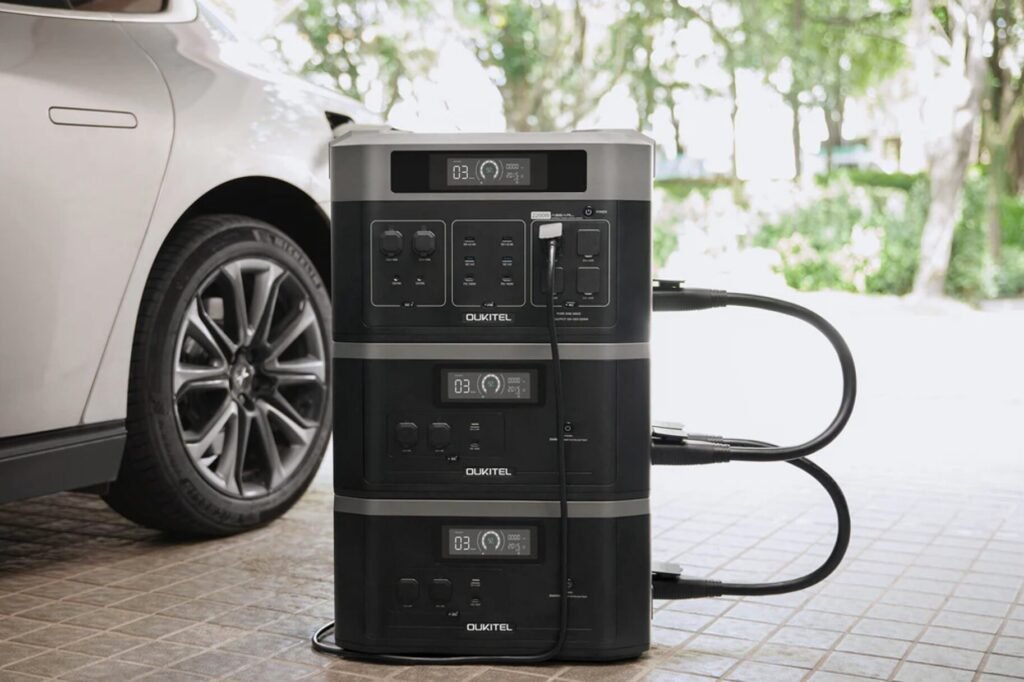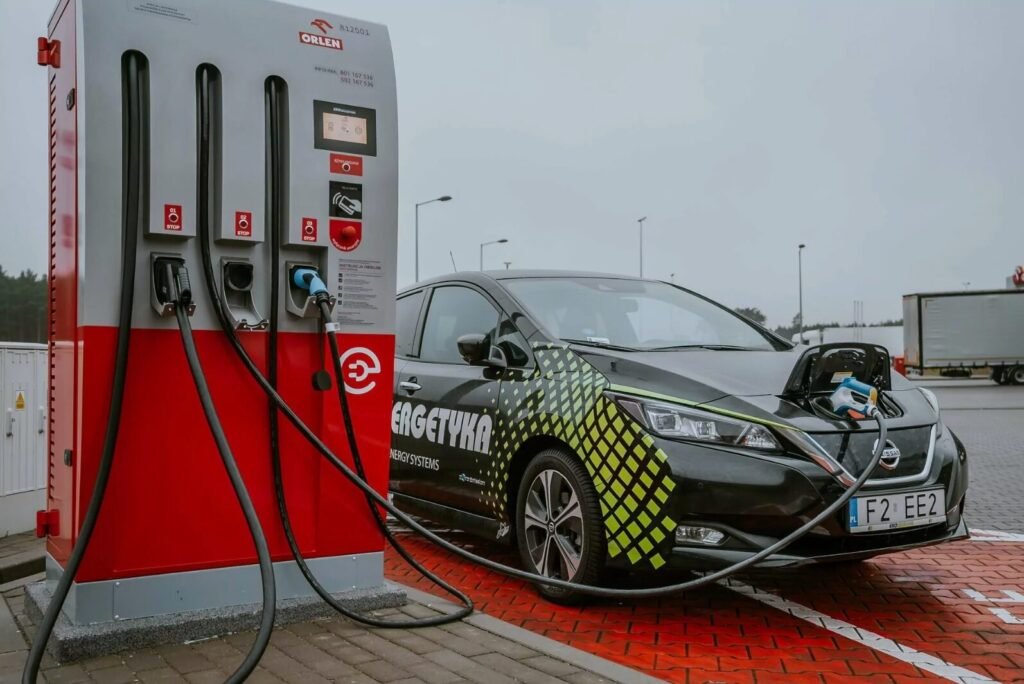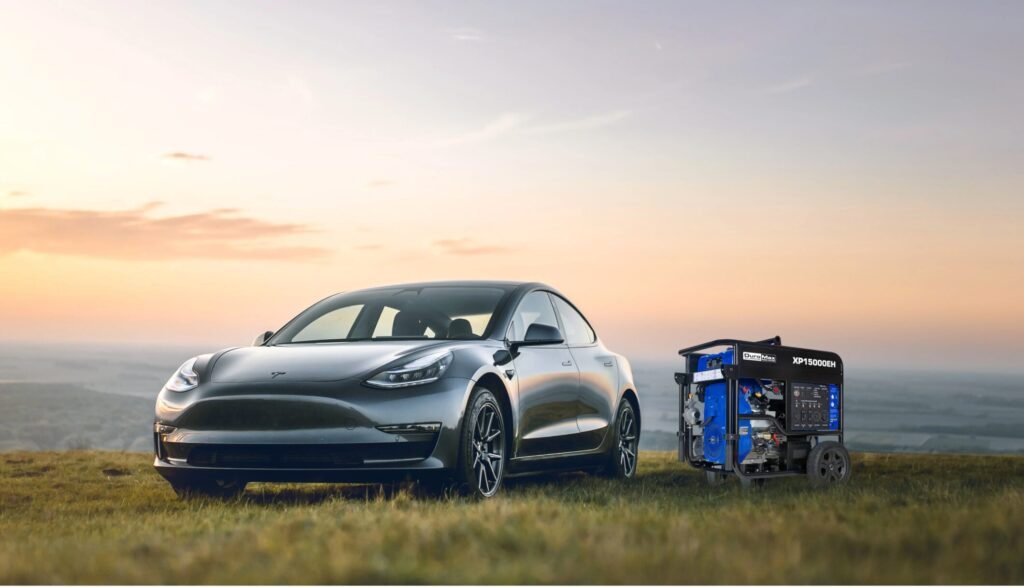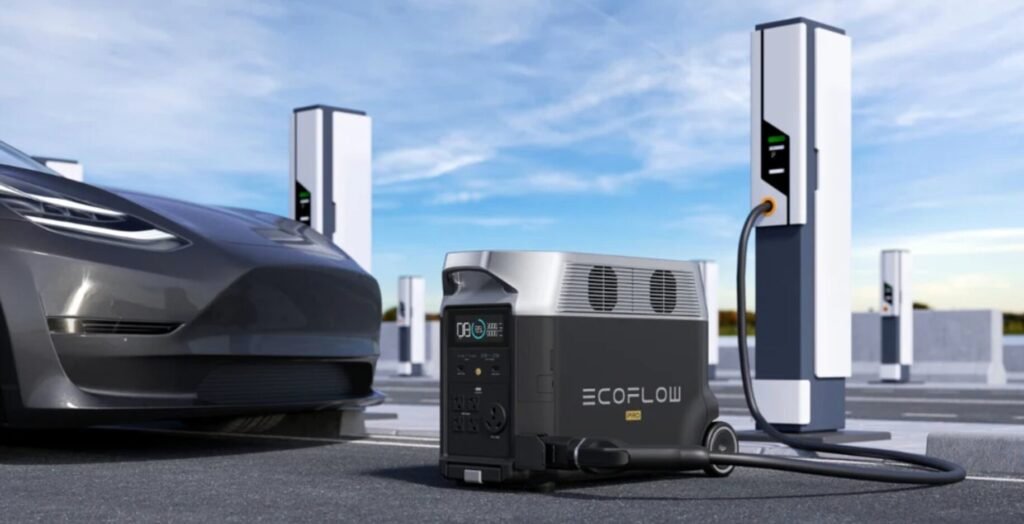The rise of electric vehicles (EVs) has brought a shift in how we think about transportation and energy. While charging stations are expanding globally, range anxiety remains a concern for many drivers. One innovative solution is the electric car generator, a system designed to supply or extend the power range of an electric car. Whether integrated within the vehicle or used as a portable charging option, electric car generators are gaining attention as a bridge between traditional energy systems and the future of clean mobility.

In this article, we’ll explore what an electric car generator is, its advantages, challenges, and how it might shape the future of EV technology.
What Is an Electric Car Generator?

An electric car generator is a device or system that produces electricity to power or recharge an electric vehicle’s battery. It can be built into the car, like a range extender, or be a standalone unit used externally. Unlike standard gasoline generators, which rely on fossil fuels, some modern EV generators use renewable energy sources such as solar panels or wind turbines.
There are generally three types of electric car generators:
- Onboard range extenders: Small internal combustion engines or alternative energy systems that generate electricity to charge the battery while driving.
- Portable EV generators: External devices that can charge an EV when charging stations are unavailable.
- Renewable-powered generators: Systems using solar or other renewable sources for sustainable charging.
Key Benefits of an Electric Car Generator

1. Extends Driving Range
One of the most significant advantages is extending the driving distance without stopping for long charging sessions.
2. Emergency Charging Solution
In areas with limited EV infrastructure, an electric car generator provides a backup option for charging during emergencies.
3. Flexibility and Convenience
Portable generators allow EV owners to charge their vehicles in remote locations, making road trips more practical.
4. Supports Renewable Energy Integration
When paired with solar or wind systems, an electric car generator can help reduce carbon emissions and reliance on fossil fuels.
5. Commercial and Fleet Benefits
Logistics companies and taxi services can maintain operational efficiency with backup power solutions, reducing downtime.
Challenges and Limitations

While promising, electric car generators are not without drawbacks:
1. Weight and Space Constraints
Onboard generators can add extra weight, which affects efficiency and overall range.
2. Energy Efficiency Concerns
Using a fuel-powered generator to charge an EV may offset environmental benefits, depending on the energy source.
3. Noise and Emissions (for Gas Generators)
Gas-powered generators can produce noise and emissions, making them less appealing for environmentally conscious users.
4. Cost of Advanced Systems
Renewable-powered generators can be expensive to purchase and maintain, limiting accessibility for some EV owners.
Real-World Examples and Case Studies
Several EV manufacturers and innovators are exploring or using electric car generators:
- BMW i3 REx: The Range Extender (REx) version includes a small gasoline generator that charges the battery on the go.
- Nissan e-NV200 Camper: Comes with optional portable solar generators for off-grid charging.
- Portable EV Generators: Companies like EcoFlow and Goal Zero produce battery-based generators capable of charging EVs during road trips.
In Electric vehicle technology, we see how hybrid approaches are helping EV adoption in areas with limited infrastructure.
Future Trends and Predictions

The next generation of electric car generators will likely focus on renewable integration, efficiency, and compact design. Advancements in solid-state batteries and lightweight materials could make onboard generators more practical.
We can also expect:
- Solar body panels integrated into EVs to generate electricity while driving.
- Hydrogen fuel cell generators for clean, on-demand power.
- Smart grid connectivity, allowing generators to supply power back to homes or the grid.
As renewable technology advances, electric car generators may become an essential part of a fully sustainable transportation network.
FAQ
How does an electric car generator work?
An electric car generator converts mechanical energy, solar power, or other energy sources into electricity, which is then used to charge the vehicle’s battery.
Can I install a generator in my EV?
Some EVs are designed to accommodate range extenders, but most require specialized installation from the manufacturer or a professional.
Is using a gas-powered generator for an EV eco-friendly?
It depends on the context. While it can provide emergency charging, gas generators still produce emissions, making renewable options more sustainable.
Are solar-powered EV generators reliable?
Solar generators can work well in sunny conditions but may be slower to charge compared to traditional charging stations.
Do all EVs support generator charging?
Most EVs can accept external power if the generator provides the correct voltage and charging interface.
Conclusion
Electric car generators present an exciting solution to bridge the gap between limited charging infrastructure and the growing demand for electric mobility. From emergency charging to renewable energy integration, these systems can enhance convenience and sustainability for EV owners.
As technology evolves, we can expect electric car generators to become lighter, cleaner, and more efficient, further supporting the transition toward a greener transportation future.






